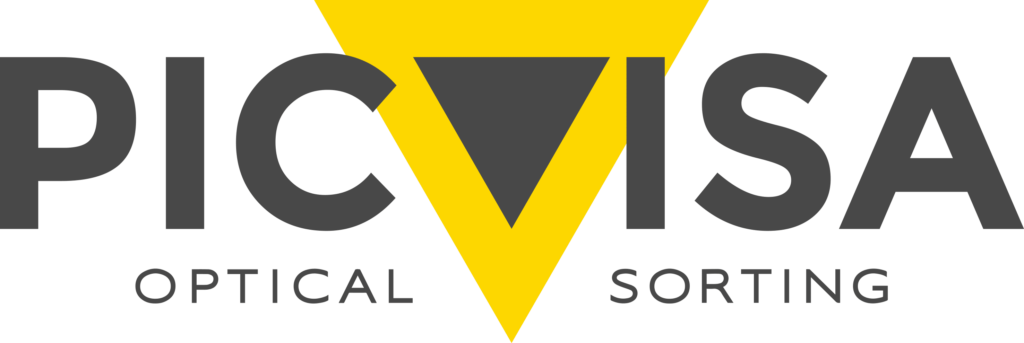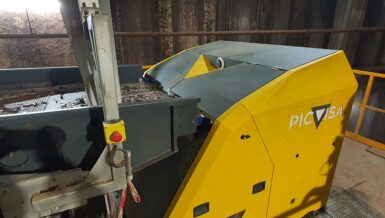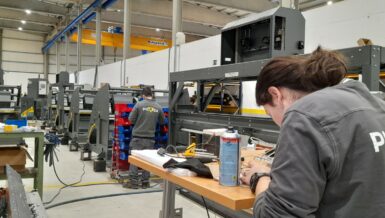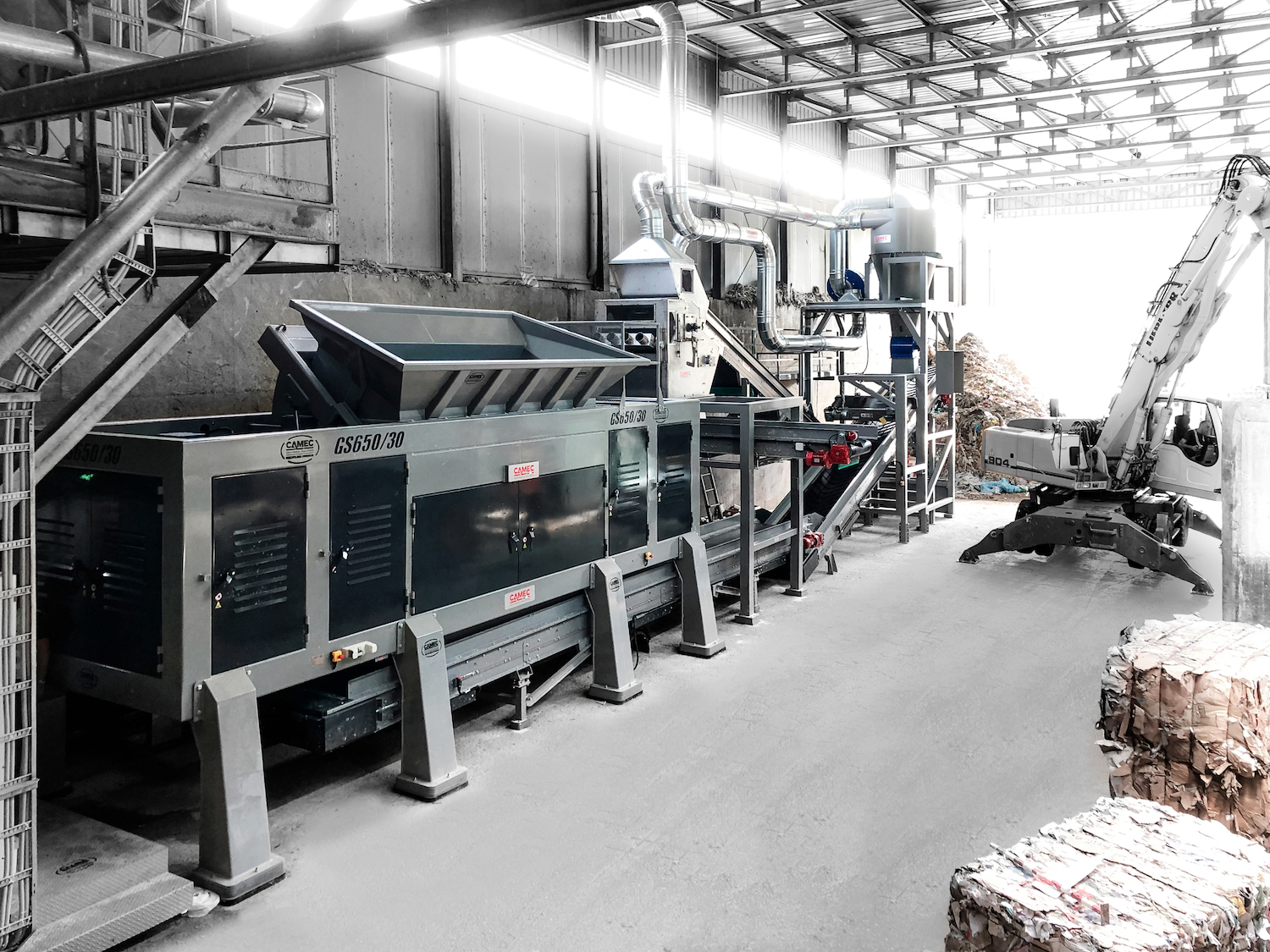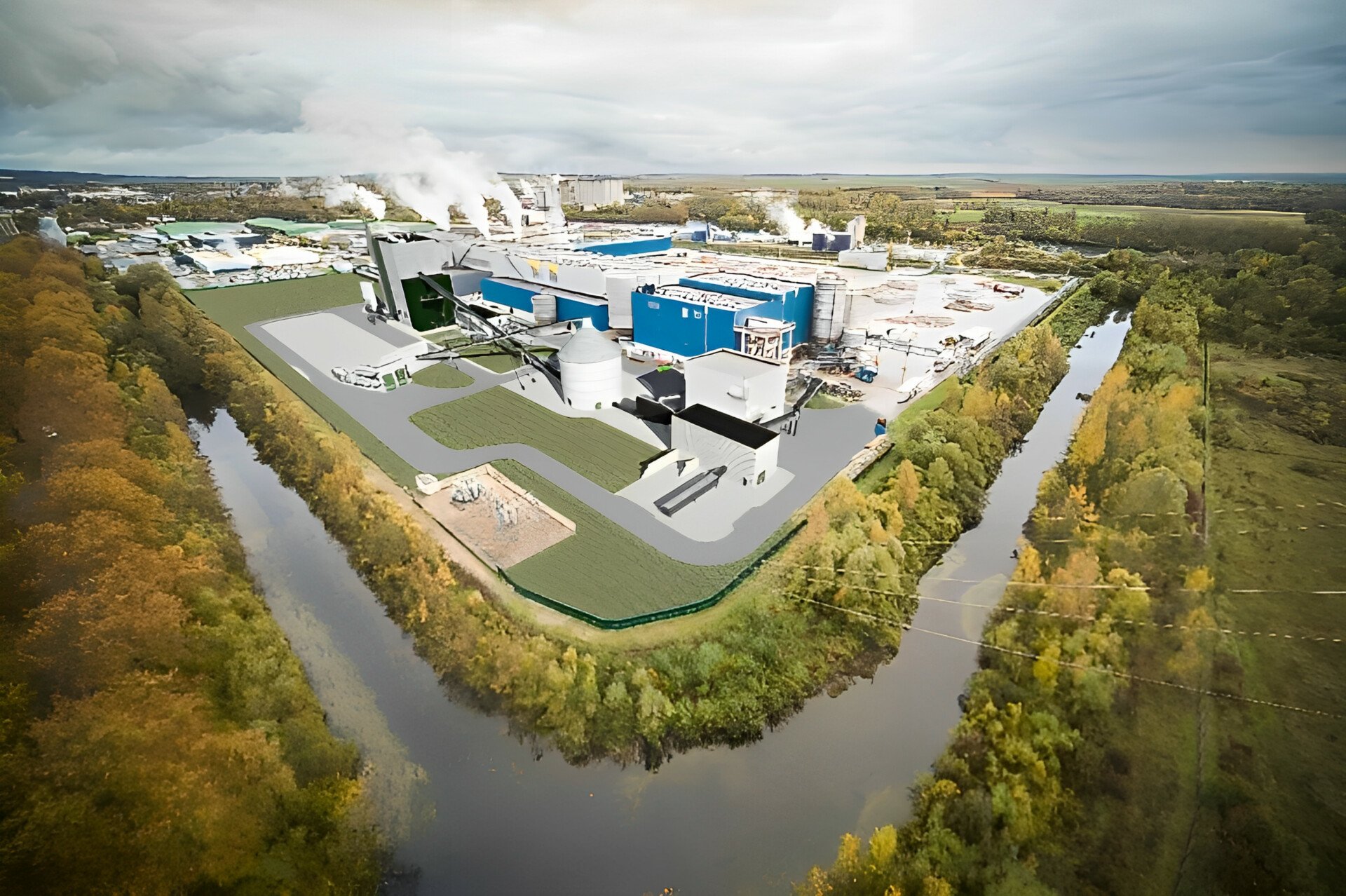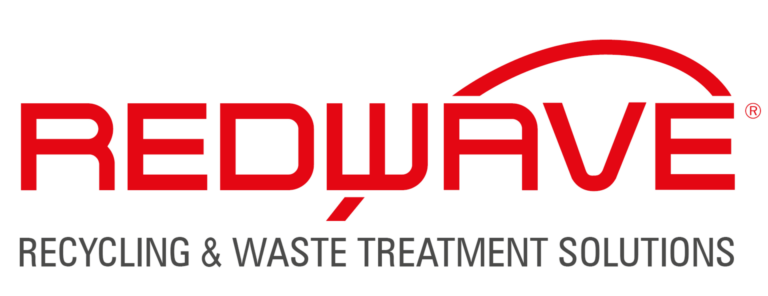The company’s contribution is part of the project of the glass recovery line from the Municipal Solid Waste (MSW) plant, launched this year 2021 in the municipality and in which the results of the operation of PICVISA’s equipment have already been observed.
ECOGLASS for efficient glass separation
Two units of the ECOGLASS EGF-1000 model, optical separation equipment for sorting glass, and a wide range of materials were installed in this plant. With wide-spectrum Artificial Vision, the ECOGLASS units identify and separate materials according to their chemical composition, shapes, and colors with versatility, speed, and precision.
With a capacity of 6 tn/h input to the line (4.5 tn/h input to optics), these ECOGLASS machines receive refining rejects, from which they can separate glass from materials such as CSP (ceramics, stone, and porcelain) and other unsuitable materials.
The quality of the resulting product is glass with less than 5% fines of less than 10 mm, with less than 0.7% of porcelain, stone, and ceramics, and less than 2% of impurities according to Ecovidrio parameters. A high level of precision and efficiency represents a leap in value for the project.
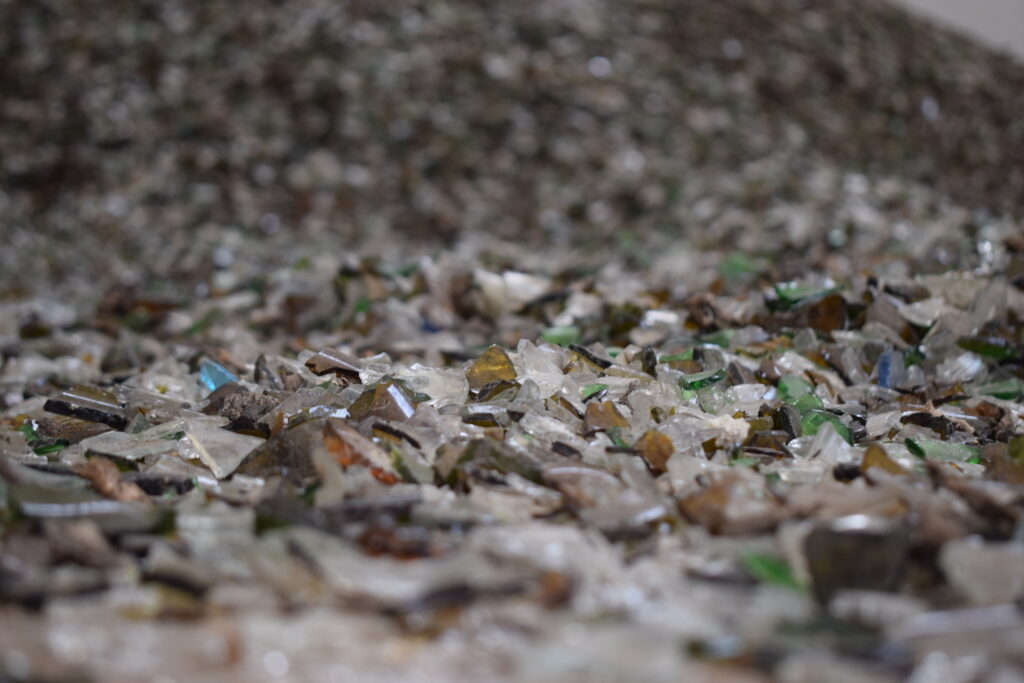
A new PICVISA’s optical sorter success story
With the Castellón plant, PICVISA adds a new case of success of its equipment installed in MSW plants in Spain, while continuing to strengthen its leadership in this application and in the sector.
The ECOGLASS optical separator provides automatic sorting and separation of various types of materials by composition (NIR), color (VIS), and/or shape (deep learning).
The ECOGLASS models are designed to work in glass recovery and cleaning processes in different flows. This equipment is designed in a versatile concept of easy adaptation to different processes where the material is crushed and requires separation or cleaning by color and shape criteria.
PICVISA was a pioneer in the conception, design, and manufacture of Vision and Artificial Intelligence equipment for the separation of materials. Project by project, the company demonstrates its high performance and good results.
PICVISA provides solutions to the paper industry with the ECOPACK optical sorter
Another case of success for PICVISA is the installation of an ECOPACK optical sorter in the paper recovery plant of Alier, in Barcelona. The company has provided an EP-3000 NIR-RGB SBI model to this company specialized in the production of recycled paper for a LDPE (Low Density Polyethylene) sorting project.
The PICVISA team helps Alier to enhance its differential factor in the paper industry, which, with almost two centuries of history, has managed to establish a closed circle of production, collection, and recovery.
High resolution sorting
ECOPACK can automatically sort and separate various types of materials by composition (NIR), color (VIS), and/or shape (through deep learning technology).
The models of this optical sorter can work on acceleration belts from 1,000 mm to 3,000 mm with different separation options, according to the customer’s needs. The versatility, speed, and precision in the identification and separation of materials that they offer have positioned them as leaders in the sector.
ECOPACK provides high resolution both in machine vision and/or sensor identification and in separation based on deep learning algorithms.
The equipment used in Alier’s project, the EP-3000, has a width of 3,000 mm. It receives plastic sheets and waste. The input materials first undergo cutting, separation of metals and non-metals, and drying. ECOPACK processes them and, among them, classifies the LDPE, managing to group different types of film (“natural”, white, colored, with aluminum and non-food).
Artificial vision for material sorting
This precision of ECOPACK has been achieved thanks to the hyperspectral machine vision technology that PICVISA uses in its equipment. At the same time, the high-speed data processing with which they operate is also essential.
In addition, another value of the ECOPACK is the wide variety of configurations available for different sorting tasks and input material conditions. In this project, the equipment was required for sorting LDPE but, thanks to the flexibility of multispectral vision, ECOPACK could be configured for quick changes in the sorting of new materials.
And PICVISA’s work is not limited to the supply of machinery. The company also provides customer service that makes it possible to maximize the evolutions brought about by Industry 4.0: self-monitoring and connectivity, data management, and computer control.
When purchasing ECOPACK equipment, customers can also choose to make PICVISA their technology partner, a beneficial union that gives them confidence and stability in their new business strategies, an essential step towards success.





